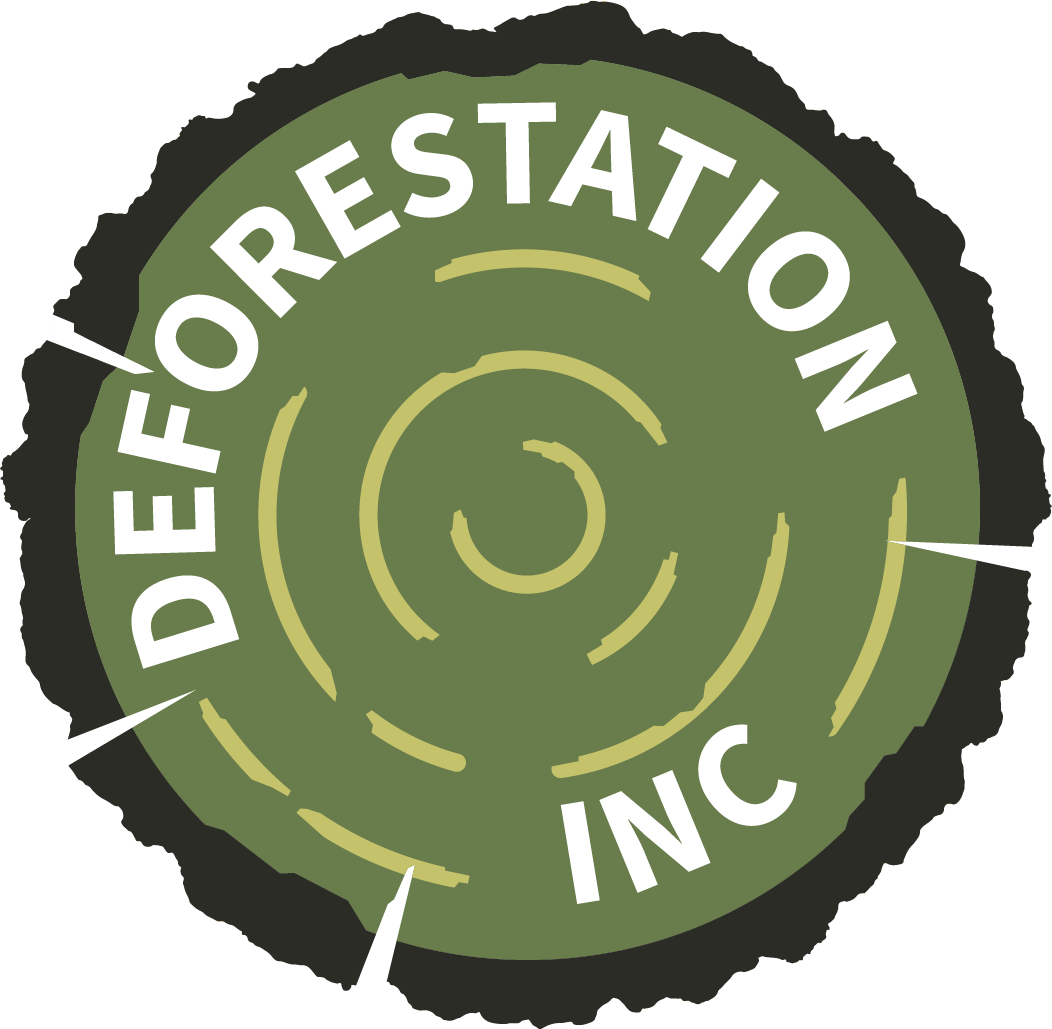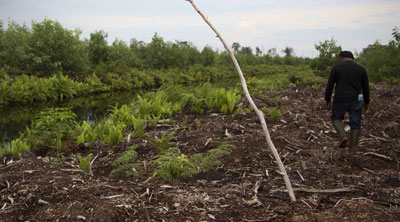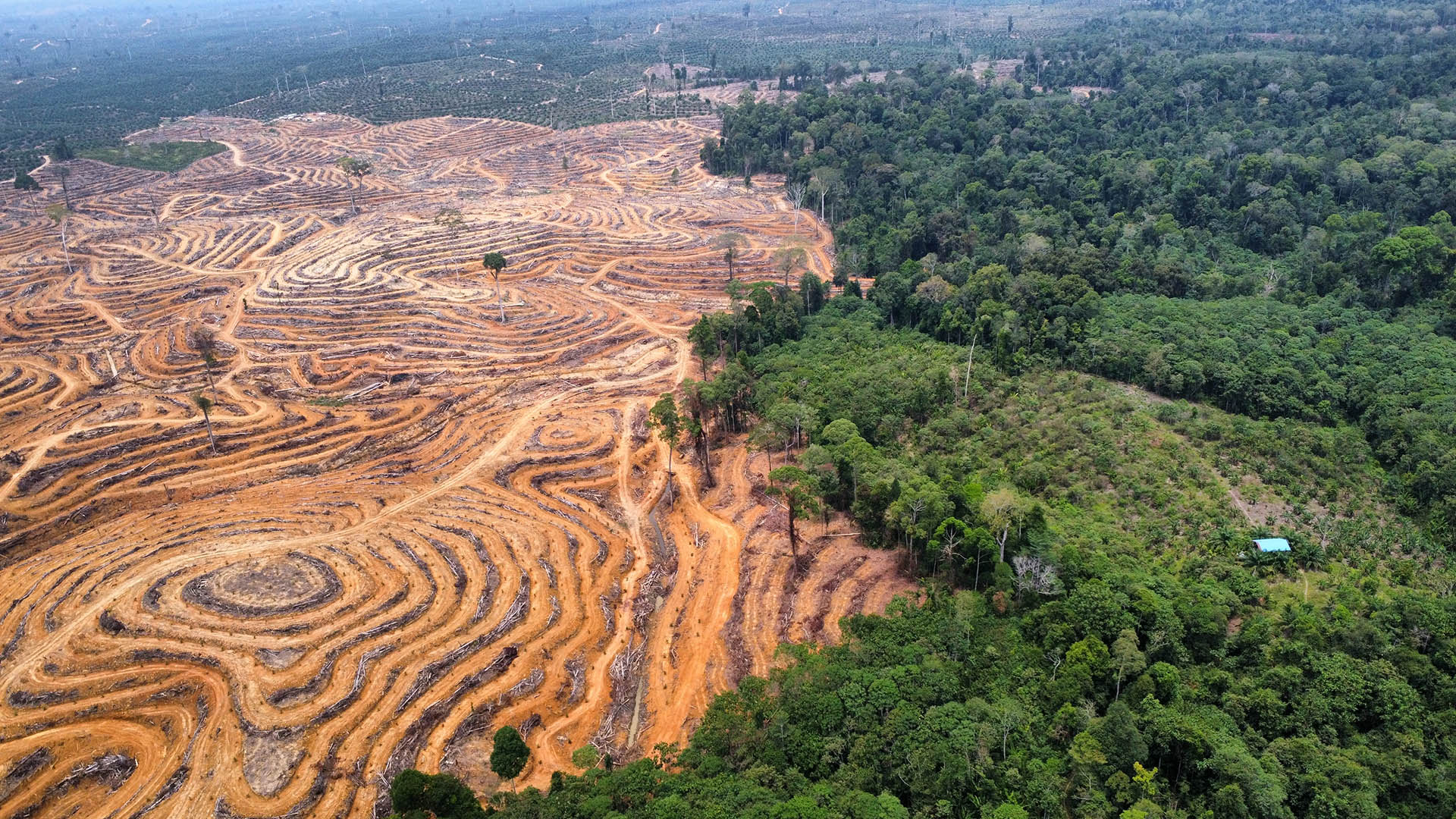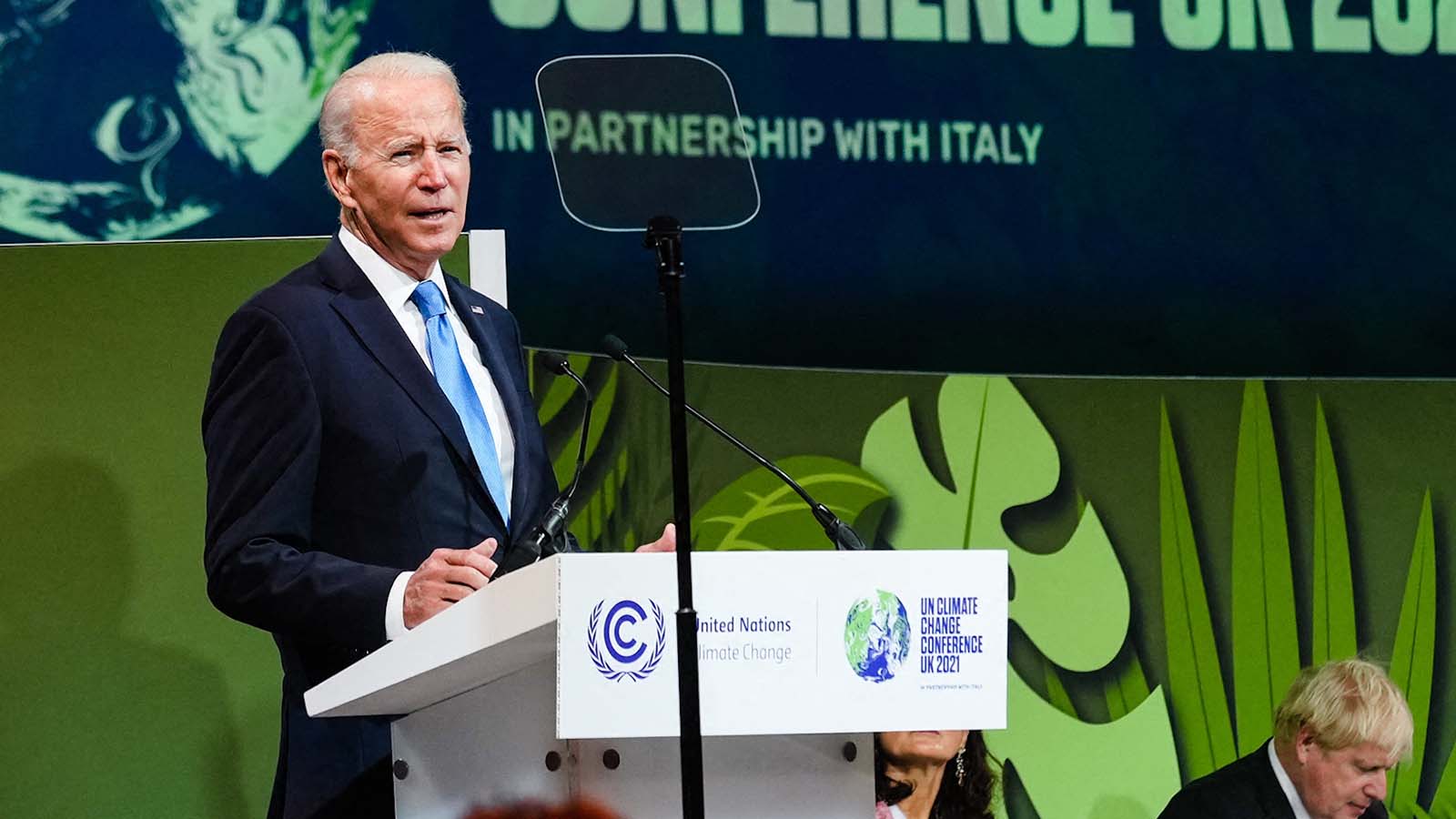ACCOUNTABILITY
An ‘anonymous’ company secretly linked to an Indonesian billionaire is destroying Borneo’s rainforests, environmentalists say
A new report by Greenpeace and others alleges that Sukanto Tanoto’s Royal Golden Eagle masks its ties to an Indonesian pulpwood company accused of unprecedented destruction of forests and orangutan habitats.
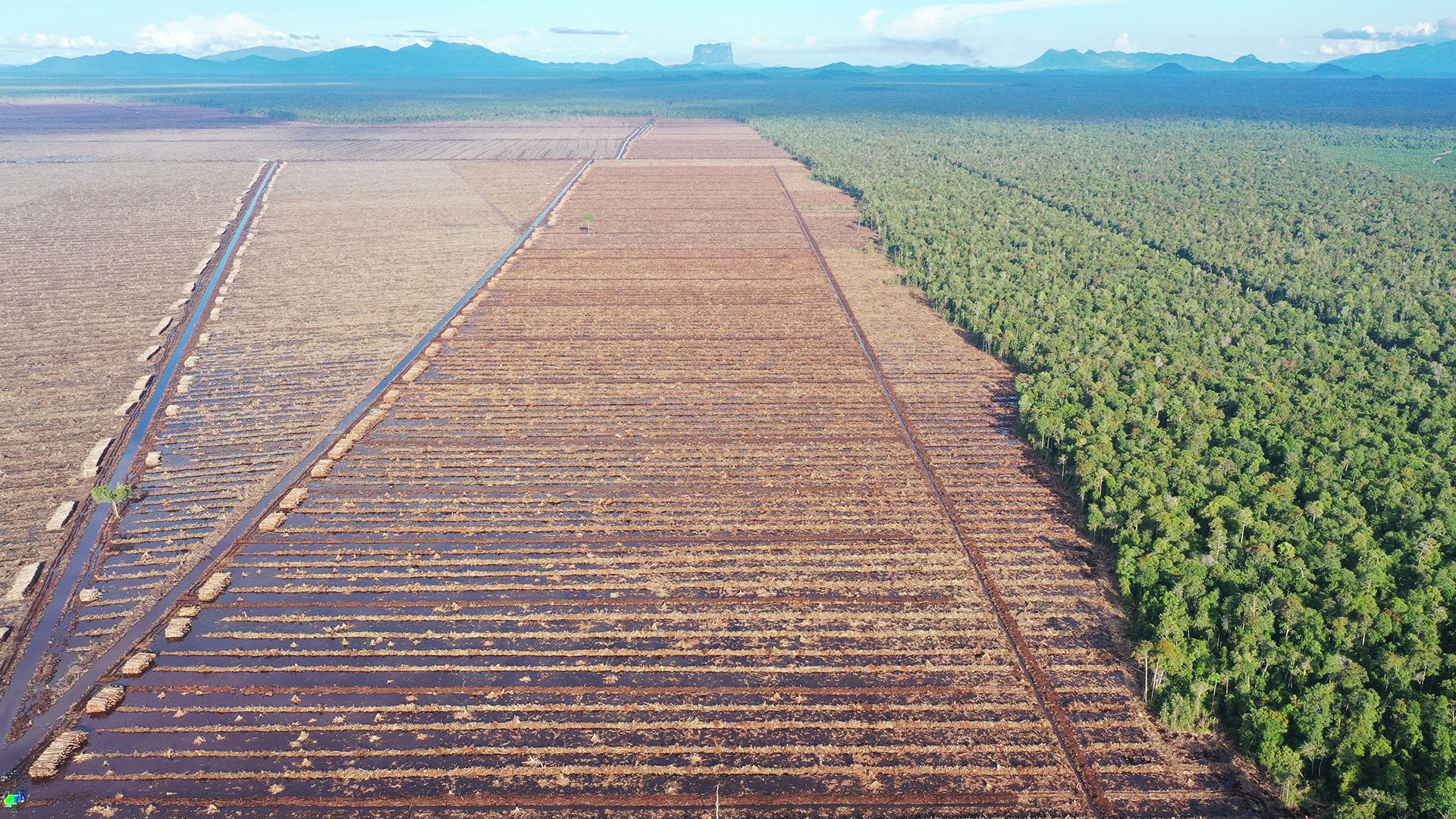
Environmentalists investigating the ownership of an Indonesian pulpwood concession operator allegedly responsible for mass deforestation on the island of Borneo have identified links between the company and a conglomerate owned by Indonesian billionaire Sukanto Tanoto.
According to the researchers from Greenpeace International, Auriga Nusantara and other conservation organizations, the Indonesian company PT Mayawana Persada has cleared a forested area roughly half the size of Singapore, causing conflicts with indigenous communities and destroying the habitats of Bornean orangutans, white-bearded gibbons and other protected species.
On paper, Mayawana is controlled by a “chain of holding companies” leading to two jurisdictions that don’t require disclosure of shareholders’ names. Its ultimate owner is “effectively, anonymous,” the research team wrote in a new report titled “Deforestation Anonymous.”
However, “overlapping corporate officers, operational management connections, and supply chain links indicate the company is related to the Royal Golden Eagle Group,” according to the report.
This complex corporate structure […] can shield them from the legal and reputational risks of destroying such vast tracts of tropical forest.
– Arie Rompas of Greenpeace Indonesia
Royal Golden Eagle, or RGE, is one of Asia’s largest resource conglomerates, with interests in the pulp and paper, palm oil and energy sectors. Pulpwood can be used to produce paper, tissue and a fabric called viscose.
In 2015, the company publicly committed to a “zero deforestation” policy but the group’s ongoing expansion as a supplier of pulp for international brands is driving its demand for wood fiber, according to the report.
By using so-called anonymous companies such as Mayawana, RGE can benefit from forest destruction while keeping its reputation clean, the report alleges.
“This complex corporate structure, in effect, hides the ultimate beneficial owner(s) of the company and can shield them from the legal and reputational risks of destroying such vast tracts of tropical forest,” Arie Rompas of Greenpeace Indonesia said in a statement.
Through a spokesperson representing its pulp and paper subsidiary, Asia Pacific Resources International Holdings Ltd., or APRIL, RGE said it “categorically refutes the existence of any links between RGE and its shareholders and PT Mayawana Persada.”
Benefiting from ‘controversial operations’
RGE was founded by Tanoto, one of Indonesia’s richest men, in 1973. The group’s corporate structure is closely held and financial information about it is scarce.
According to the environmental organizations, the company began its formal involvement with Mayawana’s “legal ownership structure” in December 2022. However, the conglomerate has had “some degree of operational control over the company’s forestry concession since 2019,” their report said. At the same time, the percentage of natural forest destroyed in Mayawana’s concession increased dramatically, with 80% of the destruction being on carbon-rich peatlands in 2023, the researchers found.
The new report is based on satellite images, supply chain tracking, interviews with Mayawana’s employees, as well as an analysis of corporate records from Indonesia, Malaysia and tax havens such as the British Virgin Islands and the Cayman Islands. The researchers’ findings were also partly confirmed by Andrea Gunawan Suwandi, an Indonesian manager who directs Mayawana’s operations and has worked for other units of the RGE group.
“It appears that the use of anonymous ownership structures among pulpwood plantation companies provides RGE with an opportunity to control and/or benefit from controversial operations at the same time as its subsidiaries and the brands that use their products claim high sustainability standards in the global marketplace,” the report said.
RGE’s spokesperson rejected the allegations and said that all its fiber supply is in compliance with its sustainable forest management policy “which explicitly commits to no deforestation in our supply chain from any sources.”
However, this is not the first time that environmentalists have documented the use of shell companies by companies directly or indirectly controlled by RGE.
Researchers have previously revealed RGE’s hidden links to a “mega-scale” pulp mill, and alleged misreporting of wood pulp exports and profit-shifting practices by RGE’s pulp and paper unit, APRIL.
In 2017, an investigation by the International Consortium of Investigative Journalists also showed how APRIL used shell companies to obtain bank loans worth at least $3 billion and shuffle the money between its subsidiaries, while minimizing its tax bills. In response to ICIJ’s questions at the time, the company denied any wrongdoing.
“Taken together, these investigations show a pattern of RGE using offshore shell companies to evade transparency and avoid accountability,” Hilman Afif, a campaigner with the Jakarta-based Auriga Nusantara, told ICIJ. “RGE can do this, in part, because… its subsidiaries continue to attract billions of dollars in financing and a global customer base.”
The report released this week sheds further light on the role of anonymous shell companies and tax havens in many natural resources sectors. In the forestry industry — where companies often rely on numerous suppliers, third-party contractors and connections with government officials — the lack of transparency means companies that publicly claim to abide by environmental laws may be secretly connected to unscrupulous firms that destroy forests and animal habitats.
In 2018, Indonesia began requiring all companies to regularly disclose their true, beneficial owners – not just their legal representatives – to authorities. However, some companies report their managers as beneficial owners, according to a recent study by a group of transparency advocacy organizations.
The study, based on the analysis of 284 Indonesian companies in the pulp sector, found that Tanoto is not listed as the beneficial owner of any Indonesian pulp company despite him being one of the sector’s biggest investors.
In the case of his conglomerate, RGE, the problem is compounded by its expansion plan, which includes the recently announced acquisition of a controlling stake in Vinda International, a manufacturer and retailer of tissue and personal care products. The deal is subject to approval by Hong Kong regulators and is expected to be finalized by mid-2024, according to media reports.
Hidden links to forest destruction
RGE is not the only natural resources conglomerate accused of using anonymously owned entities to hide its links to deforestation.
Last year, Canadian, French and Indonesian reporters who participated in the ICIJ-led Deforestation Inc. investigation documented hidden ties between Paper Excellence, one of North America’s largest pulp and paper companies, and Asia Pulp and Paper, a Chinese-Indonesian forestry company accused of environmental destruction and human rights abuses.
As part of the cross-border investigation, The Gecko Project also revealed previously unknown links between palm oil giant First Resources, the billionaire family that owns it, and a trio of companies that have reportedly cleared more forest for palm oil than any other firm in Southeast Asia.
Following the revelations, eight international brands told The Gecko Project they would stop supplying palm oil from the Singapore company.
The Gecko Project found that over the past decade, major producers of palm oil, and pulp and paper products have publicly committed to stop cutting forests while establishing “secretive ‘shadow companies’ that allow them to continue expanding into rainforests.”
In response to questions from ICIJ’s media partners, both Paper Excellence and First Resources denied being linked to suppliers accused of environmental harm.
Deforestation Inc., a collaboration between ICIJ and 43 media partners worldwide, exposed flaws in the environmental auditing industry and certification programs intended to promote responsible forestry and other social goals.
ICIJ found that in the last two decades, dozens of environmental auditors certified as “sustainable” the forest products and operations of more than 340 companies later accused of environmental crimes or other wrongdoing by local communities, advocates and government agencies.
